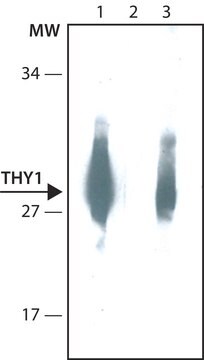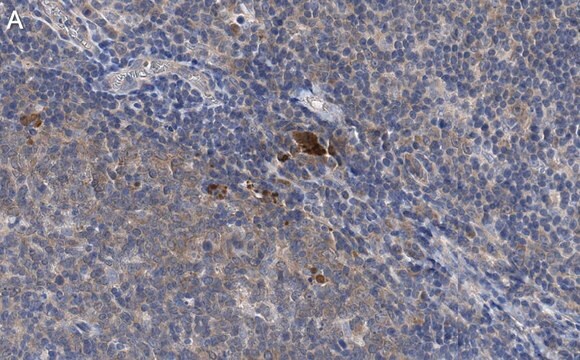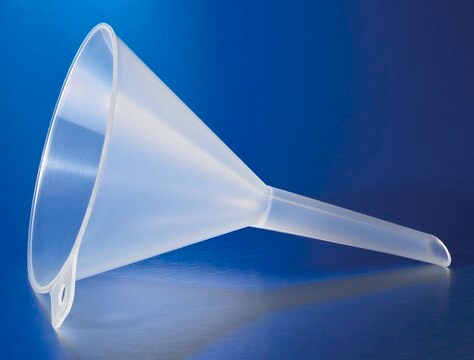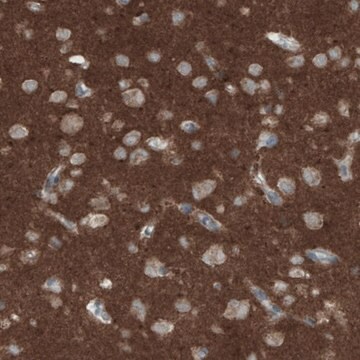MABF1961
Anti-Thy 1.1 (CD90) Antibody, clone T11D7e
clone T11D7e, from mouse
Synonym(s):
Thy-1 membrane glycoprotein, Thy-1 antigen, CD90
About This Item
Recommended Products
biological source
mouse
Quality Level
antibody form
purified immunoglobulin
antibody product type
primary antibodies
clone
T11D7e, monoclonal
species reactivity
mouse, rat
technique(s)
flow cytometry: suitable
isotype
IgMκ
NCBI accession no.
UniProt accession no.
shipped in
ambient
target post-translational modification
unmodified
Gene Information
rat ... Thy1(24832)
General description
Specificity
Immunogen
Application
Inflammation & Immunology
Quality
Flow Cytometry Analysis: 1 µg of this antibody detected Thy 1.1 (CD90) in one million rat thymocytes.
Target description
Physical form
Storage and Stability
Other Notes
Disclaimer
Not finding the right product?
Try our Product Selector Tool.
Storage Class
12 - Non Combustible Liquids
wgk_germany
WGK 2
flash_point_f
Not applicable
flash_point_c
Not applicable
Certificates of Analysis (COA)
Search for Certificates of Analysis (COA) by entering the products Lot/Batch Number. Lot and Batch Numbers can be found on a product’s label following the words ‘Lot’ or ‘Batch’.
Already Own This Product?
Find documentation for the products that you have recently purchased in the Document Library.
Our team of scientists has experience in all areas of research including Life Science, Material Science, Chemical Synthesis, Chromatography, Analytical and many others.
Contact Technical Service








